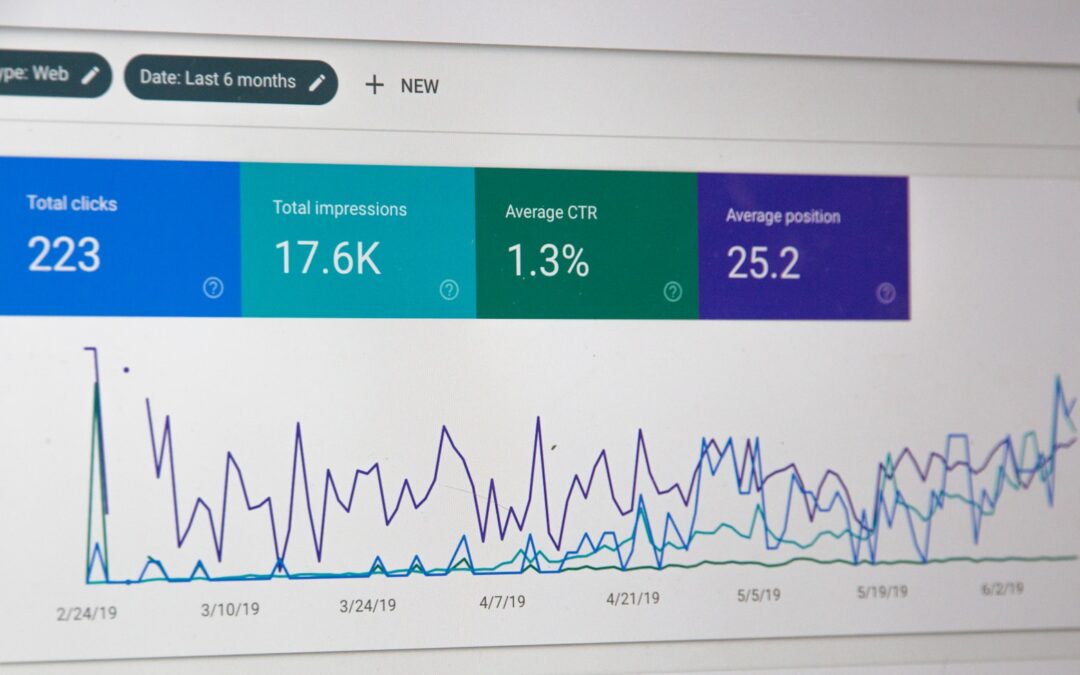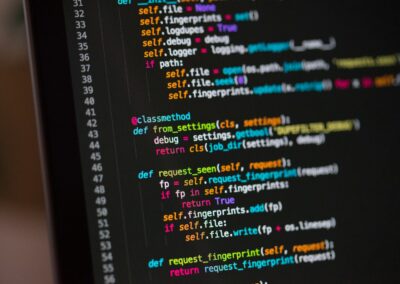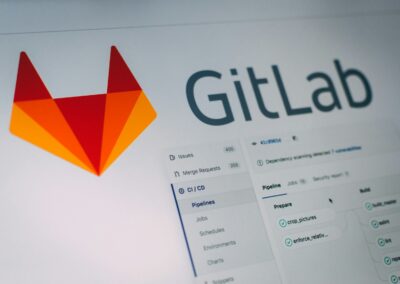The Strategic Importance of Implementing Data Validation Methods in AI
Implementing Data Validation Methods: A Pillar for Accurate Machine Learning Models
In the rapidly advancing field of Artificial Intelligence, implementing data validation methods is critical for ensuring the accuracy and consistency of machine learning datasets. For business executives and entrepreneurs in Saudi Arabia and the UAE, where data-driven decision-making is paramount, the integrity of data underpins the success of AI initiatives. Data validation involves a series of checks and processes that confirm the data’s correctness, completeness, and relevance before it is used to train machine learning models. This step is essential in preventing inaccurate predictions and ensuring that the models yield reliable insights that can drive business success.
Data validation methods encompass a variety of techniques designed to detect and correct errors, anomalies, and inconsistencies within datasets. These methods are particularly valuable in dynamic business environments like those in Riyadh and Dubai, where the rapid influx of data requires constant scrutiny. By implementing robust data validation processes, businesses can avoid the pitfalls associated with poor data quality, such as skewed analysis and flawed decision-making. For instance, validating the format and range of numerical data, verifying the completeness of records, and cross-checking categorical data against predefined standards are all critical steps that can prevent inaccuracies from propagating through the machine learning pipeline.
Moreover, data validation not only safeguards the accuracy of machine learning models but also enhances their scalability and adaptability. As businesses in the Middle East continue to expand their digital footprints, the volume and variety of data they manage will only increase. Effective data validation ensures that as new data is integrated into existing systems, it maintains a high standard of quality, enabling AI models to remain accurate and relevant over time. This is particularly important in sectors such as finance, healthcare, and retail, where the precision of predictive models can significantly impact operational efficiency and customer satisfaction. By investing in comprehensive data validation methods, organizations can secure a competitive advantage in the fast-paced markets of Saudi Arabia and the UAE.
Techniques for Validating Data: Ensuring Consistency and Reliability
To fully leverage the benefits of data validation, businesses must employ a range of techniques that are tailored to their specific data types and operational needs. One fundamental technique is schema validation, which ensures that the structure of the data conforms to predefined rules and formats. For instance, in a dataset containing customer information, schema validation would check that fields like email addresses follow the correct format and that dates are entered in a consistent manner. This technique is particularly useful in ensuring that data from different sources can be seamlessly integrated without introducing errors or inconsistencies, a common challenge in the diverse and data-rich environments of Riyadh and Dubai.
Another critical technique is cross-validation, which involves dividing the dataset into subsets and training the machine learning model on different combinations of these subsets. This method helps to ensure that the model generalizes well to unseen data, rather than overfitting to the training data. Cross-validation is especially valuable in industries like finance and healthcare, where the cost of errors can be substantial. By thoroughly testing the model on various data segments, businesses can gain confidence in its predictive accuracy and reliability, which in turn supports better decision-making and risk management.
Data reconciliation is another powerful validation technique that is particularly relevant in complex data environments. This process involves comparing data from multiple sources to ensure consistency and accuracy across the board. For example, in the context of a retail business operating in both Saudi Arabia and the UAE, data reconciliation would verify that sales figures reported in different branches or systems align correctly. Discrepancies can then be identified and resolved before the data is used in strategic decision-making. Implementing this technique helps businesses maintain a unified and accurate view of their operations, which is crucial for effective management and planning.
By adopting these and other data validation techniques, businesses can significantly enhance the quality and reliability of their machine learning models. As organizations in Saudi Arabia and the UAE continue to embrace AI as a cornerstone of their business strategies, the role of data validation in ensuring the accuracy and consistency of datasets cannot be overstated. Through careful implementation and ongoing monitoring, data validation methods can provide the foundation for AI-driven success in the competitive markets of the Middle East.
#AI #ArtificialIntelligence #DataValidation #MachineLearning #BusinessSuccess #SaudiArabia #UAE #Riyadh #Dubai #ExecutiveCoaching #ManagementConsulting #LeadershipSkills #TheMetaverse #GenerativeAI #Blockchain































